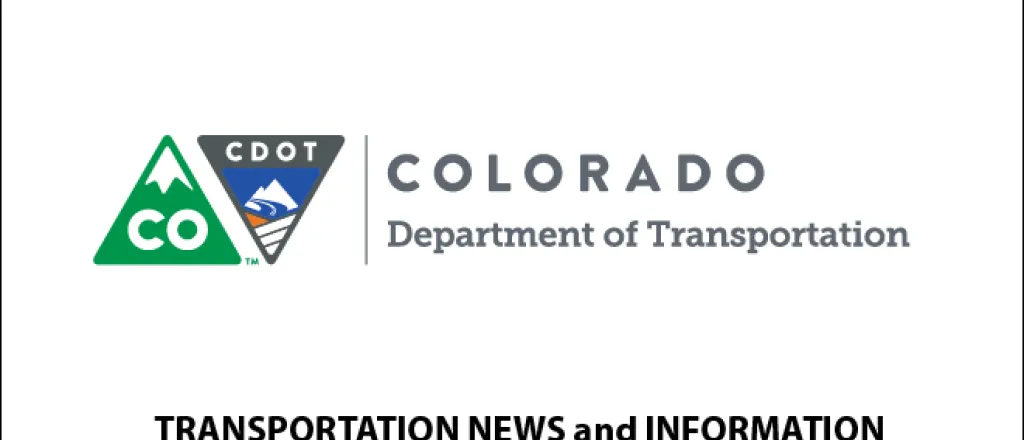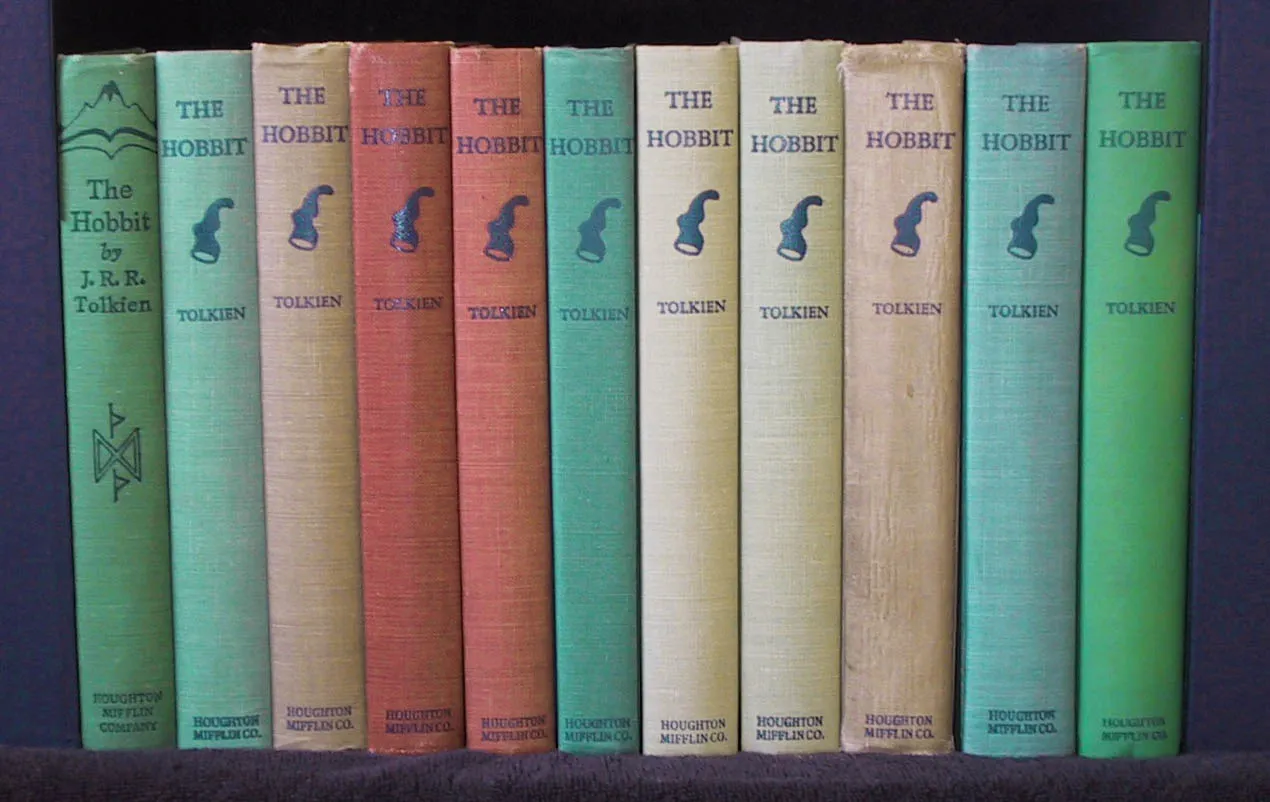
Illegal to Push Snow On, Next to Colorado Highways
With snow storms continuing to impact the state throughout the long winter season, the Colorado Department of Transportation (CDOT) reminds all property owners, renters and private snow removal operators that it is against the law to deposit snow onto or next to a public highway. Colorado law (Statute 43-5-301) prohibits the plowing, blowing, shoveling or otherwise placing of snow onto public roadways and right-of-way (ROW) areas along the roadside.
“Pushing snow onto public roadways causes a hazard as snow piles become larger, freeze and are more difficult to manage with each snow storm,” said Kyle Lester, CDOT Director of Highway Maintenance. “When property owners remove snow from their driveways or sidewalks, they are required to place that snow onto their front yard or other areas of their own property and not into the street. This practice reduces the chances of creating icy areas on streets and ensures a safe roadway for motorists and our equipment operators.”
The illegal placement of snow onto the public roadway creates hazards such as frozen ruts or bumps that can contribute to motor vehicle crashes. Other hazards created by the improper placement of snow on or near a public roadway include drainage problems, drifting, sight obstruction and hindered accessibility.
CDOT snow plow operations take place during and after a snow storm, with trucks and equipment covering more than 23,000 lane miles of roads throughout the state. Broad clearing of snow is often necessary to widen roads to ensure that ice and snow melts from the pavement surface.
“Our operators remove snow during the storm and up to a few days after the event depending upon the severity of the weather conditions,” added Lester. “Unfortunately, subsequent CDOT operations may push snow back onto sidewalks and driveways. We really encourage property owners to clear a wide area next to your driveway and near the roadway. This gives plows a place to push snow and lessens the chance of a snow berm being created across your driveway.”
Violations are considered misdemeanors, but civil penalties also apply if hazards contribute to a motor vehicle crash or pedestrian injury. The civil liability can extend to both the property owner and the person who placed the snow in the roadway or ROW.
COLORADO REVISED STATUTE 43-5-301. Obstructing highway – penalty
No person or corporation shall erect any fence, house, or other structure, or dig pits or holes in or upon any highway, or place thereon or cause or allow to be placed thereon any stones, timber, or trees or any obstruction whatsoever. No person or corporation shall tear down, burn, or otherwise damage any bridge of any highway, or cause wastewater or the water from any ditch, road, drain, flume, agricultural crop sprinkler system, or other source to flow or fall upon any road or highway so as to damage the same or to cause a hazard to vehicular traffic. Any person or corporation so offending is guilty of a misdemeanor and, upon conviction thereof, shall be punished by a fine of not less than ten dollars nor more than three hundred dollars and shall also be liable to any person, unit of government, or corporation in a civil action for any damages resulting therefrom. Upon a third conviction therefor, the offender shall be punished by a fine of not less than ten dollars nor more than three hundred dollars or by imprisonment in the county jail for not more than three days and shall also be liable to any person, unit of government, or corporation in a civil action for any damages resulting therefrom. Each day such condition is allowed to continue upon any highway shall be deemed a separate offense.
















